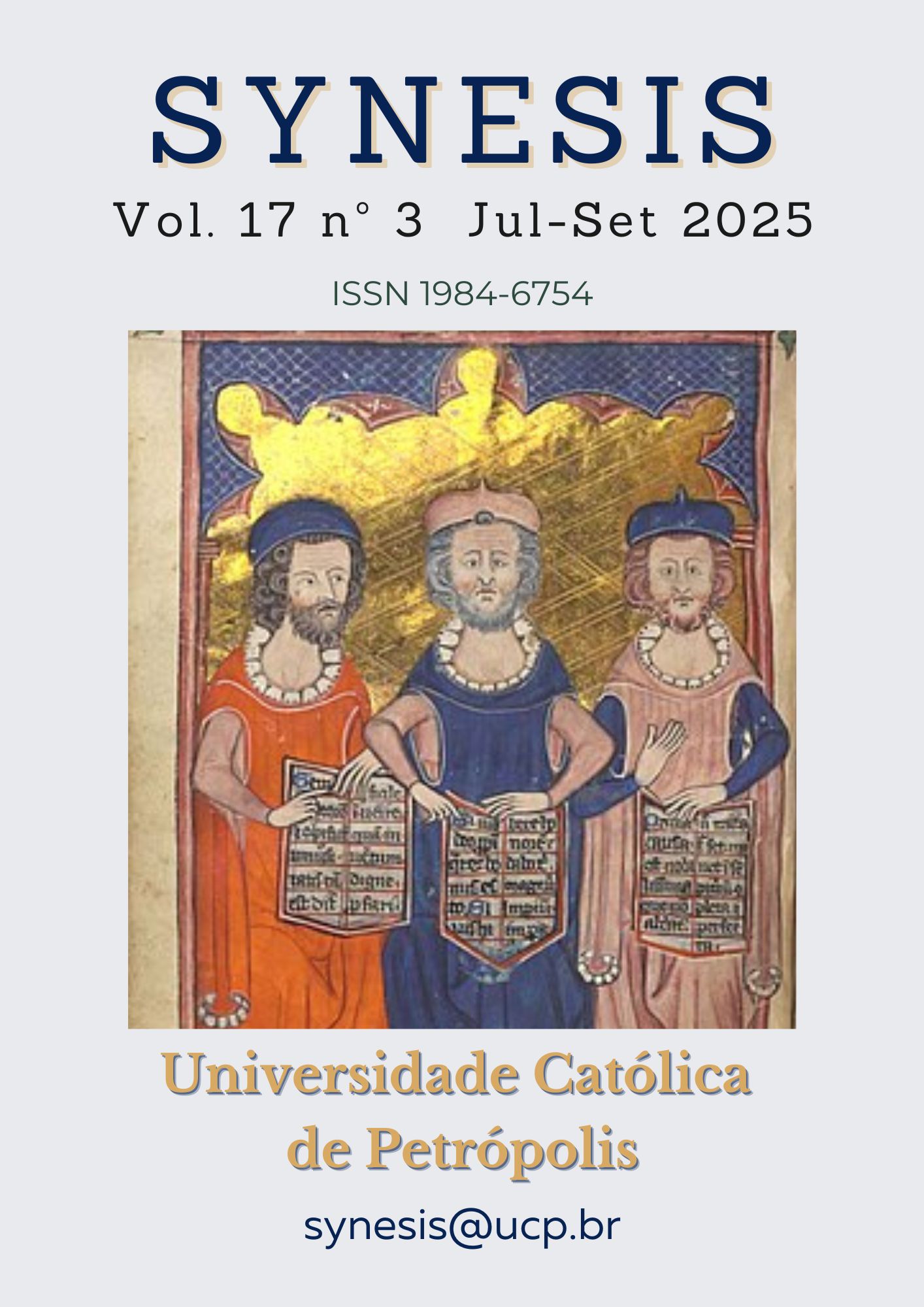Abstract
This study analyzes the logical structure of paradoxes and their impact on philosophical thought. Paradoxes are defined as statements derived from seemingly valid premises that can lead to contradictory conclusions through logical inference. Paradoxes, which hold a significant place in philosophical and scientific fields, lead individuals to question logic, causality, and the boundaries of knowledge. This study classifies paradoxes under six headings: logical, semantic, physical, mathematical, statistical, and philosophical, and examines the nature, types, and solutions of paradoxes. Furthermore, approaches to resolving paradoxes are presented through linguistic, logical, and conceptual analyses. In conclusion, it has been demonstrated that paradoxes challenge intellectual boundaries, encourage critical thinking, prompt the questioning of assumptions, and enhance logical analysis skills. Due to its logical analysis-based approach, its multifaceted and holistic structure, and its inclusion of current interpretations, the study has made an original contribution to the paradox literature both theoretically and methodologically.
References
Anellis, I. H. (2008). The first Russell paradox. In Perspectives on the history of mathematical logic(pp. 33–46). Birkhäuser. https://doi.org/10.1007/978-0-8176-4769-8_3
Barwise, J.,&Etchemendy, J. (1987). The Liar: An Essay on Truth and Circularity. Oxford University Press.
Copi, I. M.,Cohen, C., &McMahon, K. (2014). Introductiontologic(14th ed.). PearsonEducation. Dennett, D. C. (2003). Freedome volves. Viking Press.
Dong, J. (2014). Simpson’s paradox. In Encyclopedia of biostatistics(pp. 1–3). Wiley. https://doi.org/10.1002/9781118445112.stat05284
Dowden, B. (2020). Zeno’s Paradoxes. In The Stanford Encyclopedia of Philosophy (E. N. Zalta, Ed.). Retrieved from https://plato.stanford.edu/entries/paradox-zeno/
Fine, K. (2003). Semantic relationism. Blackwell Publishing.
Fitting, M. (2017). Russell’s paradox, Gödel’s theorem. In Raymond Smullyan on self-reference(pp. 47–66). Springer. https://doi.org/10.1007/978-3-319-68732-2_4
Greenough, P. M. (2001). Free assumption sand the liar paradox. American Philosophical Quarterly, 38(2), 115–135. https://research-portal.st-andrews.ac.uk/en/publications/free-assumptions-and-the-liar-paradox
Quine, W. V. (1966). The Ways of Paradox and Other Essays. Harvard University Press.
Huggett, N. (2010). Every where and every when: Adventures in physicsandphilosophy. Oxford University Press.
Hyde, D. (2012). Are the sorite sandliar paradox of a kind? In Paraconsistency: Logic and applications(pp. 349–366). Springer. https://doi.org/10.1007/978-94-007-4438-7_19
Kadığ, C. (2019). Menon paradoksu: Aristoteles ve Farabi’nin çözümü. Pamukkale Üniversitesi Sosyal Bilimler Enstitüsü Tez Koleksiyonu. https://hdl.handle.net/11499/25992
Kane, R. (2002). Freewill: A very short introduction. Oxford University Press.
Keefe, R. (2000). Theories of Vagueness. Cambridge University Press.
Matthews, J. (2013). Ungrounded self-reference: The solution to the liar paradox? Ephemeris: The Undergraduate Journal of Philosophy, 13(1), Article 4. https://digitalworks.union.edu/ephemeris/vol13/iss1/4
Moore, A. W. (2001). Theinfinite (2nd ed.). Routledge.
Mermin, N. D. (2005). It’sabout time: UnderstandingEinstein’srelativity. Princeton University Press
Nahin, P. J. (1999). Time Machines: Time Travel in Physics, Metaphysics, and Science Fiction. Springer.
Özkan, A. (2018). Platon ve Aristoteles’te Menon Paradoksu ve el-Fârâbî’nin bu meselede iki filozofu uzlaştırma çabası. Uludağ Üniversitesi Sosyal Bilimler Enstitüsü Tez Koleksiyonu. https://acikerisim.uludag.edu.tr/items/234f6e63-8f38-4e9f-a376-250f89d4c92e
Pereboom, D. (2001). Living without freewill. Cambridge University Press.
Perkowitz, S. (2024). Twin paradox. In Encyclopaedia Britannica. https://www.britannica.com/science/twin-paradox
Piantanida, C. L. (2004). The Liar Paradox and the limits of self-reference. Philosophical Studies, 120(1), 45-72.
Priest, G. (2002). Logic: A very short introduction. Oxford UniversityPress.
Priest, G. (2002a). Paradoxes. Oxford University Press.
Priest, G. (2002b). Beyond the Limits of Thought. Oxford University Press.
Priest, G. (2006). In Contradiction: A Study of the Transconsistent. Oxford University Press.
Russell, B. (1903). The Principles of Mathematics. Cambridge University Press.
Salmon, W. C. (2001). Zeno’s Paradoxes. Hackett Publishing.
Sainsbury, M. (2009). Paradoxes. Cambridge University Press.
Sexl, R. U.,&Urbantke, H. K. (2001). Relativity, groups, particles: Special relativity and relativistic symmetry in field and particlephysics (2nd ed.). Springer.
Scott, D. (2006). Plato’s Meno. Cambridge University Press.
Simpson, E. H. (1951). The interpretation of interaction in contingency tables. Journal of the Royal Statistical Society. Series B (Methodological), 13(2), 238-241.
Sorensen, R. A. (2003). A briefhistory of theparadox: Philosophy and the labyrinth of themind. Oxford University Press.
Varndell, D. (2014). The grandfather paradox. In Hollywood remakes, Deleuze and the grandfather paradox(pp. 148–175). Palgrave Macmillan. https://doi.org/10.1057/9781137408600_7
Väyrynen, P. (2018). The philosophy of paradox. Oxford University Press.

This work is licensed under a Creative Commons Attribution-NonCommercial-NoDerivatives 4.0 International License.
Copyright (c) 2025 Synesis (ISSN 1984-6754)

